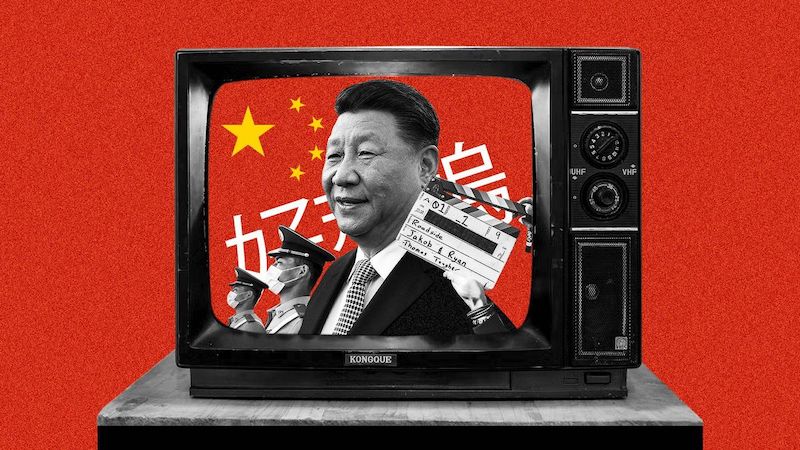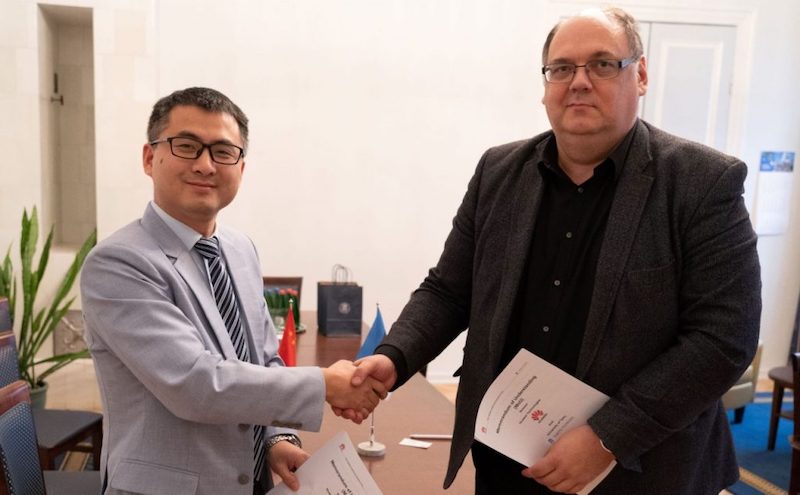Little Lithuania has been one of the first European countries to point out the risks of dependence on the Chinese economy. In November 2021, the Baltic nation of fewer than three million people was immersed in a diplomatic crisis with Beijing, after the Chinese complained about the opening of a Taiwanese ‘Representative Office’ in Vilnius.
In response, China exerted economic pressure on Lithuania, blocked Lithuanian exports and warned EU and US companies of the “consequences” of using products of Lithuanian origin. It was a David versus Goliath struggle, and also a litmus test to assess the EU’s options in the coming years as it faces increasing competition from China, which is using its economic leverage to press against internal decisions.
Lithuania’s dependence on China is relatively low compared to other European countries in terms of trade and investment. Lithuania has a lot of experience in preventing investments due to national security issues, such as those from its neighbour, Russia. A similar relationship can be applied to China.
After the opening of the Representative Office, what the Baltic nation hadn’t anticipated was that China would also target foreign companies that have an economic relationship with Lithuania and trade ties with China, and punish the country in a broader way.
Following China’s reaction, the EU closed ranks with Lithuania, and the US raised China’s behaviour with the World Trade Organization, and finally won the case.
Due to the solidarity shown by the other EU Member States and their allies, the November 2021-February 2022 incident showed the European Union that countries can take decisions independently of Chinese pressure, and that it is possible to resist Chinese economic intimidation.
Doing business with autocracies is risky. Obviously, China has a huge market. It is not in the interest of European countries to shut down relations with China completely.
But what the Lithuania experience shows is that the EU should be more resilient and less willing to be fully dependent on China. Lithuania (and other Baltic countries) understood that nation states cannot talk about trade and economic ties without taking into consideration the issue of national security.






